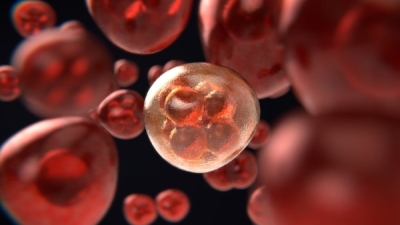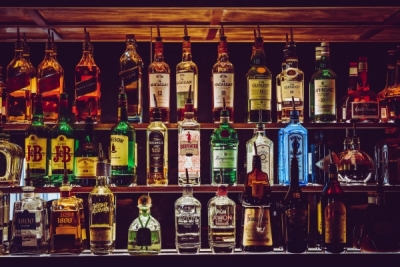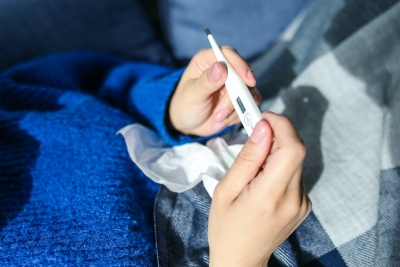Global Study Links Alcohol to Increased Risk of Pancreatic Cancer
Global Study Links Alcohol to Increased Risk of Pancreatic Cancer
One of the largest studies ever conducted on the subject, involving over 2.4 million people worldwide, confirms that alcohol consumption increases the risk of developing pancreatic cancer. The research, which followed participants for more than 15 years, showed that even moderate amounts of alcohol can raise the chances of the disease, regardless of whether the person smokes or not.
The Study
An international study¹ published in the scientific journal PLOS Medicine analyzed data from over 2.4 million people across 30 countries to better understand the relationship between alcohol consumption and pancreatic cancer. Over the 15-year follow-up period, researchers recorded more than 10,000 cases of the disease. While the link between alcohol and pancreatitis — an important risk factor for pancreatic cancer — was already well established, direct evidence connecting alcohol and pancreatic cancer remained limited or inconclusive until now.
What the Study Found
The results showed that for each additional daily alcoholic drink (equivalent to about 10g of pure alcohol), the risk of pancreatic cancer increases by 3%. To put that in perspective, 10g of alcohol is roughly equivalent to:
- 1 small can of beer (269 ml)
- 1 small glass of wine (100 ml)
- 1 shot of spirits (30 ml of whisky, vodka, etc.)
For women: Consuming 1–2 drinks per day increases the risk of pancreatic cancer by 12% compared to those who drink very little.
For men: The risk rises by 15% for those who consume 2–4 drinks daily and jumps to 36% for those drinking more than 4 drinks per day.
Alcohol and Smoking: A Dangerous Combination—but Not the Only One
A key finding of the study is that alcohol increases the risk of pancreatic cancer even among people who have never smoked. This means it's not just the alcohol + tobacco combination that's dangerous—alcohol alone already poses a risk.
Researchers observed a similar increase in risk among:
- People who never smoked
- Former smokers
- Current smokers
Not All Alcoholic Beverages Are the Same
Another interesting finding was that different types of alcoholic drinks may have varying effects:
- Beer and spirits (such as whisky, vodka, cachaça): Were associated with an increased risk of pancreatic cancer.
- Wine: Showed no significant association, possibly due to beneficial compounds like polyphenols present in the drink.
Regional Differences
The study also revealed notable geographic differences. The increased risk was mainly observed in:
- Europe and Australia
- North America (including Brazil)
In contrast, no such association was found in Asian countries—likely because many people in those regions have a genetic variation that makes them less tolerant to alcohol, leading to lower consumption levels.
What This Means in Practice
Pancreatic cancer is one of the most aggressive forms of cancer, with low survival rates. Therefore, understanding its risk factors is essential for prevention.
Key takeaways:
- Even moderate alcohol consumption can increase risk
- The risk rises with higher amounts consumed
- Women appear more sensitive, with increased risk starting at 1–2 drinks per day
- For men, the risk becomes more evident from 2–3 drinks per day
Study Limitations
It’s important to note that the study had some limitations:
- It only assessed alcohol consumption at a single point in time, not over a lifetime
- It didn’t account for specific drinking patterns, such as weekend binge drinking
- It relied on self-reported alcohol intake, which may be underestimated
Conclusion
This research reveals that alcohol consumption—even in small amounts—is a modifiable risk factor for pancreatic cancer. Being aware of these risks is important, especially if you have other predisposing factors such as smoking, obesity, type 2 diabetes, chronic pancreatitis, or a family history of the disease.
References:
- Naudin S, Wang M, Dimou N, et al. Consumo de álcool e risco de câncer de pâncreas: Uma análise de 30 estudos prospectivos da Ásia, Austrália, Europa e América do Norte. PLoS Med. 2025;22(5):e1004590.











